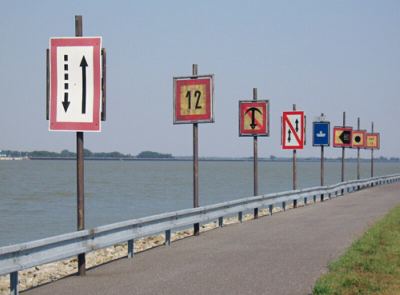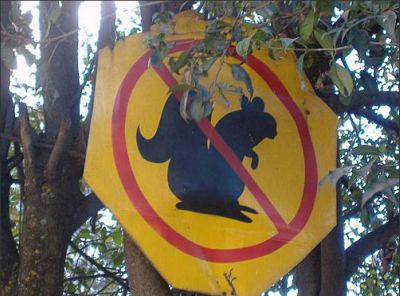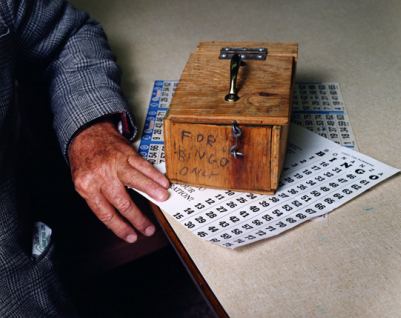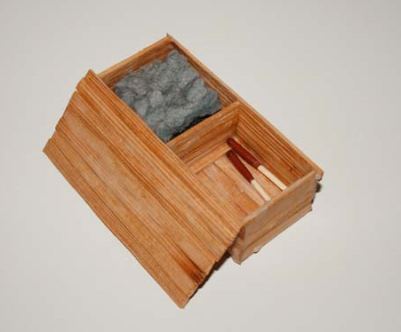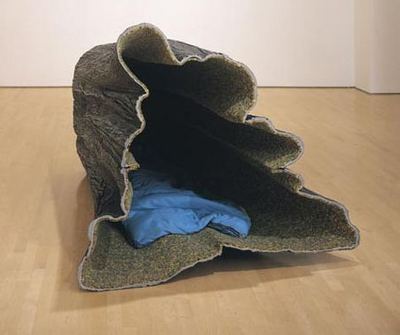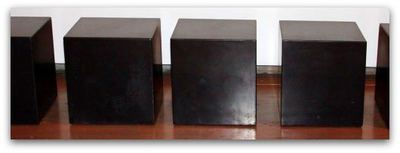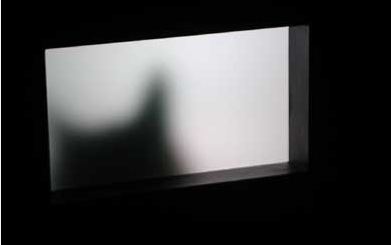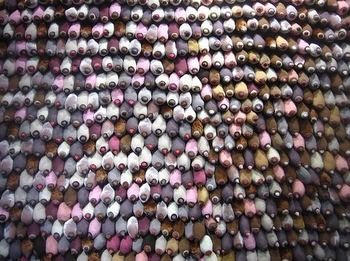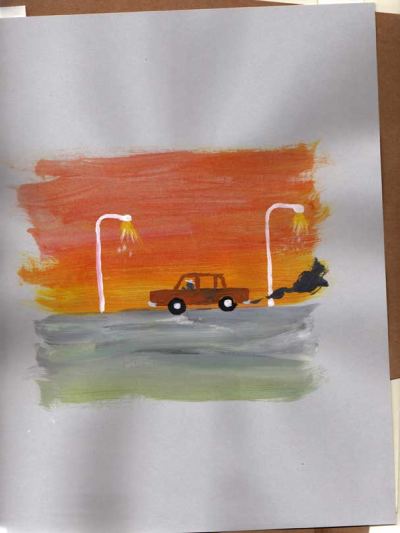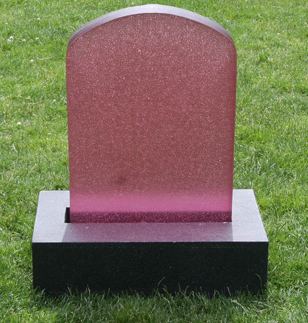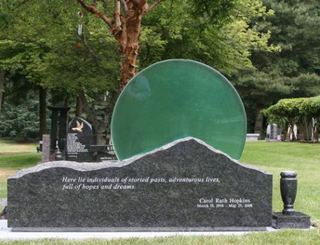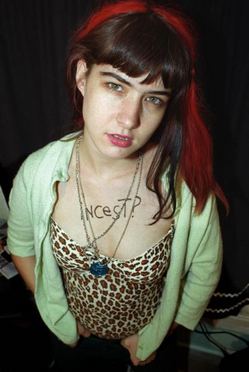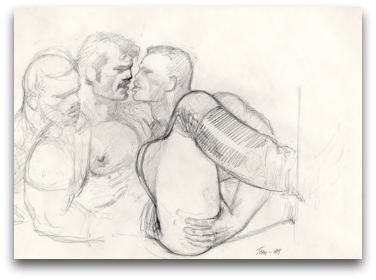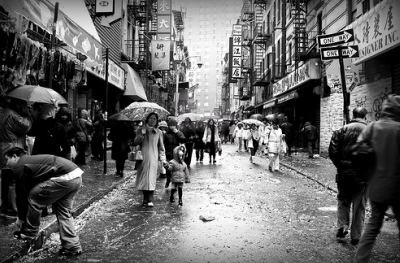Arts patron and irrepressible character Max Gurvich died at home in Seattle at age 94. (Seattle Times obit here.)
Board member and donor (with his wife Helen) to a variety of Seattle arts groups, including the Seattle Art Museum, the Henry Gallery and Cornish College of the Arts, Gurvich’s lasting legacy might be a hideous pair of woven, window-blind style metal sculptures that rise 22-feet out of the water at the west end of the Evergreen Point Bridge, which connects Seattle to its Eastside suburbs.
 I wrote a story for the PI when they were installed in 2002. Here’s a recap:
I wrote a story for the PI when they were installed in 2002. Here’s a recap:
Seattle’s rules for who can place what art in what part of the public sphere are rigorous, and yet Gurvich triumphed over all that to install his creations in a prominent spot, where 130,000 cars drive by them each day.
Here’s the good part: He didn’t say he was the artist to anybody who needed to approve the placement. Instead, he spent a year getting a permit from the Department of Transportation and the go-ahead from the majority of nine community clubs and six cities on Lake Washington.
They didn’t ask, and he didn’t tell.
Tom Lentz, Department of Transportation assistant regional manager for maintenance and traffic:
I thought Max was the
patron, and he had an artist working with him. I guess I should have
asked, but I’m an engineer. I looked into the engineering issues.
Rarely do people offer to give us something. I found it refreshing. Max
got support from the city’s art commission, and the state’s, too.
Actually, he didn’t. The state, King County and Seattle arts
commissions all said they had nothing to do with it.
When Lentz went back to his files to figure out what happened, he found that the DOT contacted both city and state arts commissions, and was told by
each it wasn’t their baby. Not on city property, said the city. Not
through our funding sources, said the state.
The
sculptures, titled Aurora Borealis, look like early ’60s room dividers from a suburban den
joined to make inverted pyramids. Seven years after their installation, their kitsch exuberance has run its course.
Seattle curator Vicki Halper:
You have to hand it to him. He did it all. He should have been
stopped, but he did it all.



